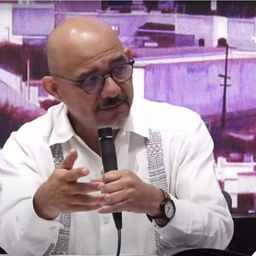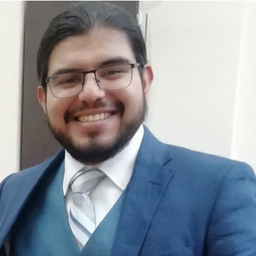Balance and perspectives of the conservation and reuse of the industrial heritage of Latin America and the Caribbean I
My Session Status
After 25 years of the launching of the first Latin American Industrial Heritage's organizations (México, Cuba, Argentina, Chile, Venezuela, Perú, Colombia, Brasil, Uruguay, Guatemala, Ecuador) we propose a general balance of the state of the art in the region and the future of the conservation and retooling of the industrial heritage in the covid19 aftermath. This regular session highlights four axes of discussion and comparative studies: 1) The legal framework of the policies of conservation and retooling of the industrial heritage in the region. 2) Experiences and Challenges of intervention in the cultural landscape of the industrial heritage in the region. 3) Training and human capital formation for the records and inventories of Industrial Heritage facing the new technologies that covid19 aftermath requires 4) Interdisciplinary approaches with methodological and theoretical views for the registration of the Intangible Cultural heritage of the industrial past in the region.
Sub Sessions
The purpose of this work is to show empirical cases where minority groups have been able to rescue and represent the collective memory of ex-workers in a framework of hegemonic discourses in northern Mexico. Industrial heritage is a field of tensions where the exercise of economic and political power has dominated the decisions of what and how to represent the inheritance of work and industrial activity. In Mexico, the valuation of tangible heritage over intangible heritage has dominated, whi...
The Necaxa hydroelectric complex is an exeptional example of the need to reimagine industrial and historic spaces in modern times due to it's greatvalue in the history of Mexico's industrial and electric progress. Necaxa is the only hydroelectric complex that has not stopped working since it's opening in 1903. Despite the decree of extinction against the state-owned enterprise Luz y Fuerza del Centro (2009), the population of the surrounding towns have worked hard to rescue the industrial her...
The Mexican experience. In this paper we show five representative industrial heritage sites that covers almost 40 years of a pioneer Mexican experience in Latin America. The history of industrial heritage sites in Mexico has begun from the project of the Autonomous University of Puebla, under the direction of Professor Samuel Malpica, in 1982-1984, with the creation of the eco-museum of Metepec in southwestern Puebla state (central plateau of Mexico). A real project of the development of a...




Discussion